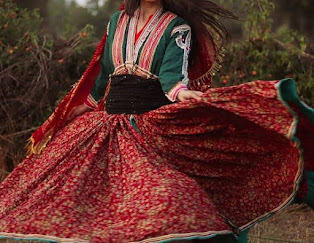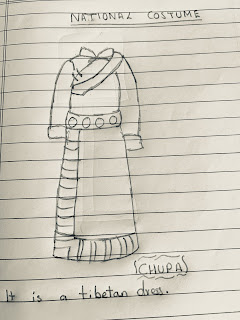Today's Good Schools Alliance session was exciting and enjoyable. Jugiv sir read stories that helped us learn about Japanese culture 🇯🇵 and essential life skills. Before the session with Manisha ma'am began, she conducted a brief quiz on the New Year and reading habits, which prompted me to reflect on how I want to improve myself in 2026. We also listened to stories by Ruskin Bond, which were simple, meaningful, and inspiring. Overall, the session motivated me to read more, learn new things, and develop good habits.
Ishika Singh, Class IX
Today's session was engaging, meaningful, and informative. It helped me understand the importance of reading, positive thinking, and good values. During the session, we listened to a book reading that inspired me to believe that books can guide us and help us grow in life. The reading was engaging and made the session more enjoyable.
Overall, today's Good School session motivated me to read more books, learn new things, and become a better and more confident student.
Aadhya Gupta, Class V
In today's Hindi book-reading session, Manisha ma'am presented a short yet interesting set of questions that focused on the real benefits of reading and reflection. While answering these questions, I came to understand the importance of reflection and the valuable skills it cultivates. Subsequently, we read a short story about a girl who made the winning catch at the end of a cricket match. The story highlighted essential lessons, including time management and the importance of providing equal opportunities to everyone.
Additionally, Jugjiv sir explained that we should believe in ourselves and always try to do our best rather than worrying too much about the outcome. He emphasised that our actions and efforts matter more than the outcome. While talking about luck, he quoted a beautiful saying by a golf player: *"The harder I practice, the luckier I get."* This taught me that luck supports us when we are willing to put in sincere hard work.
Akanksha Rai, Class IX























.jpg)
